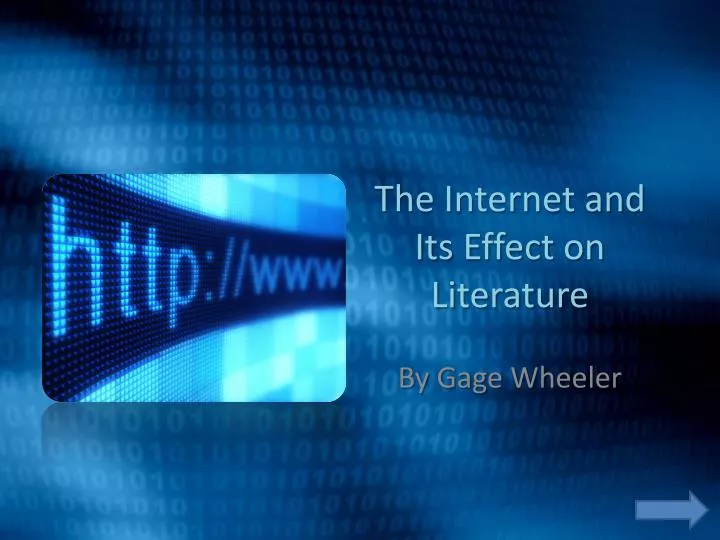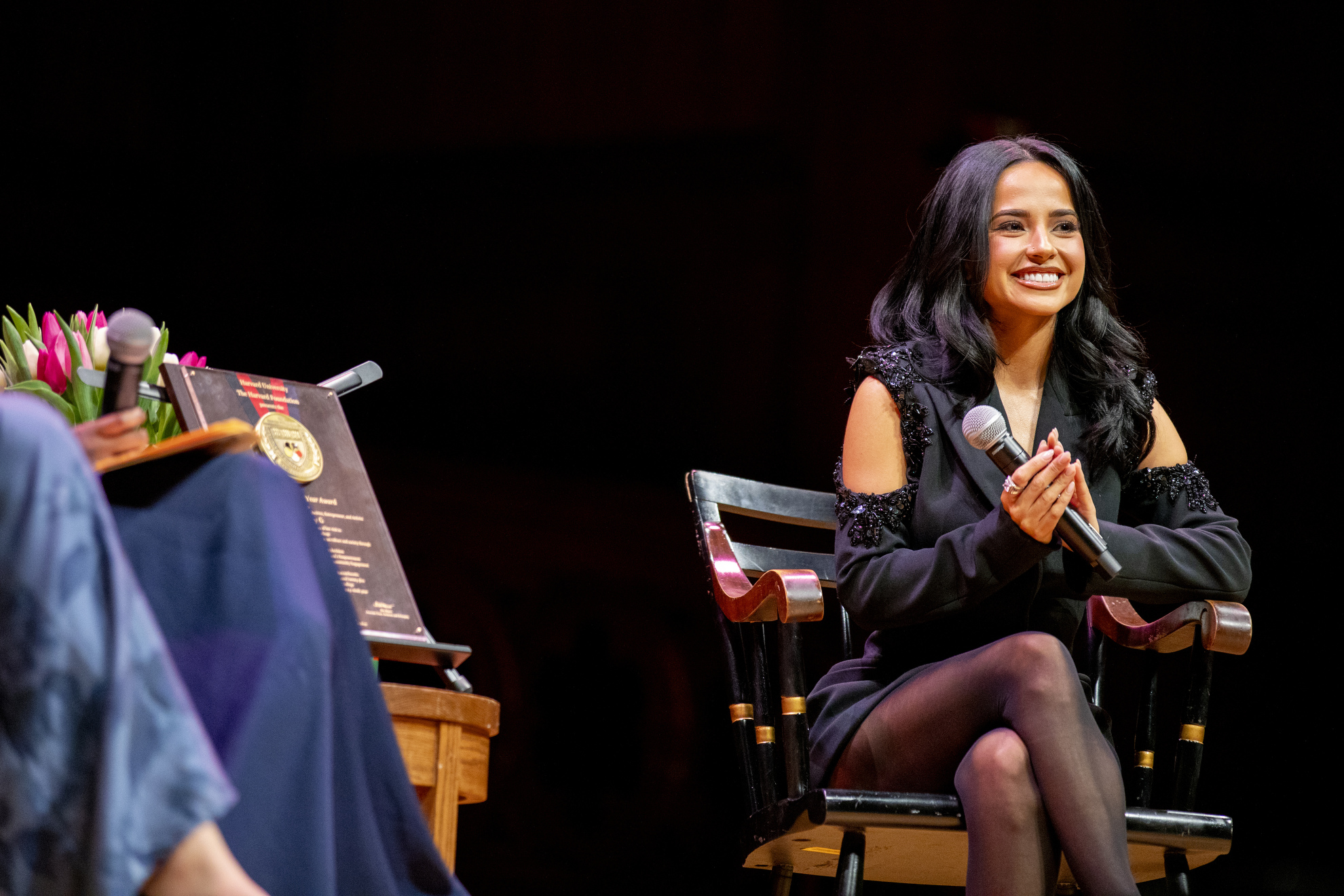The impact of the internet on fiction has been profound and multifaceted, reshaping not only how stories are told but also how they are consumed. In an era where digital platforms dominate, writers find their creative processes intertwined with social media dynamics, influencing the very nature of narrative. From altering traditional reading habits in the digital age to leveraging online resources for research, the effects of the internet on literature are significant. This online landscape has transformed readers into active audiences who engage with fiction in a uniquely interactive manner. As we delve into this digital evolution, it’s essential to understand how the internet has revolutionized storytelling, in both positive and challenging ways.
The digital transformation has fundamentally altered the way we approach storytelling, prompting a shift in both authors’ methodologies and readers’ experiences. With the rise of social media, narratives are no longer confined to the pages of books; they now unfold across various platforms, engaging audiences on multiple levels. The accessibility of information online not only aids writers in their quest for authenticity but also influences how they craft their tales in this hyper-connected world. As we examine the relationship between fiction and the internet, it becomes evident that this modern age has fostered new paradigms in literature and storytelling, reshaping the creative landscape for both emerging voices and established authors alike.
The Transformation of Fiction in the Digital Age
The advent of the internet has dramatically transformed the landscape of fiction writing and reading. Traditionally, storytelling was a deeply personal endeavor, allowing writers to delve into their private thoughts and emotions without the pressure of public scrutiny. However, today’s digital environment often reduces readers to mere audiences, constantly influenced by social media favorites, trending topics, and the whims of the internet’s vast collective opinion. Writers are now faced with the challenge of producing work that resonates not only on a personal level but also holds a mass appeal, leading to a dilution of the raw, challenging narratives that fiction was once celebrated for.
Moreover, the overwhelming presence of online content affects readers’ engagement with stories. The immediacy and accessibility of various media have led to shorter attention spans, making it increasingly difficult for readers to immerse themselves in longer, more complex narratives. As writers adapt to this new reality, the essence of fiction—its power to confront uncomfortable truths and push boundaries—may be at risk. Writers who once thrived on creating depth and complexity in their works are now compelled to consider how audience reception plays a pivotal role in their storytelling.
Internet’s Impact on Reading Habits
With the rise of the internet, there has been a significant shift in how individuals engage with literature. The accessibility of information and entertainment online has transformed reading habits, changing not just what people read but how they read. Many readers now prefer shorter articles, quick blog posts, and social media snippets, often at the expense of traditional books. This shift is concerning to authors and literary critics alike, as it implies that landmines of meaningful storytelling are being overlooked in favor of bite-sized information that often lacks depth.
Additionally, the digital age complicates the reading experience. Readers can easily become distracted by notifications and the allure of multimedia content, which diminishes the time they dedicate to deep reading. This fragmentation of attention has evidently led to a decline in prolonged reading sessions, reducing readers’ ability to connect with complex characters and intricate plots that require commitment and focus. Consequently, writers must now grapple with the challenge of crafting compelling narratives that can captivate a distracted audience while still adhering to the traditional values of storytelling.
Writers’ Perspectives on the Internet Revolution
Writers today are navigating an evolving landscape shaped significantly by the internet. Many have found it to be a double-edged sword; while the internet offers valuable resources for research and networking, it also imposes the challenge of public scrutiny. Authors frequently mention the pressure to tailor their voices to match popular sentiment, risking authenticity for visibility. This shift alters not only the motivations behind what they write but also influences the themes and styles that get cultivated in contemporary literature.
Moreover, the tendency of the internet to prioritize viral content means that risk-taking in storytelling can often be overshadowed by market-driven narratives. Writers are increasingly aware that what resonates online may not always align with literary merit or artistic exploration. As they navigate these waters, authors highlight the importance of reclaiming personal stories and unique perspectives, emphasizing that the essence of storytelling must not be lost amid the noise of social media and the pursuit of instant gratification.
The Advantages and Drawbacks of E-Books
E-books have revolutionized access to literature, allowing readers to explore vast libraries from a single device. This mobility and accessibility have empowered new generations to engage with literature in ways that were previously unimaginable. The ability to download books instantly or to read samples online has encouraged more people to delve into reading, which, in turn, can lead to a deeper appreciation of narrative forms. Furthermore, digital platforms allow for innovative formats and accessibility options for diverse groups, making literature available to a wider audience than ever before.
However, the convenience of e-books also has its downsides. With the deluge of available titles, readers may feel overwhelmed by choice, making it harder to find quality literature amidst the sea of self-published works and lesser-known authors. Moreover, the immersive experience traditionally offered by physical books can be lost in the digital format, where distractions abound. This hybrid literary experience challenges both readers and authors to evaluate how to maintain the depth and engagement that are hallmarks of great storytelling in an online format.
How Social Media Shapes Literary Trends
Social media has emerged as a powerful force in shaping literary trends and influences. Platforms like Instagram, Twitter, and TikTok have not only created new avenues for book marketing but have also fostered communities where readers can share their thoughts and recommendations. This democratization of influence allows lesser-known authors to reach wider audiences, sometimes leading to unexpected bestseller phenomena. For many contemporary writers, engaging with readers through social media has become a crucial aspect of their careers, reminding them that audience interaction can be a key component of the literary landscape.
On the flip side, the instantaneous nature of social media can create pressure to conform to trending styles or themes, often promoting formulaic storytelling over innovation. The race for likes and shares can dilute the complexity and nuance that characterizes profound literature. As certain narratives gain traction, they can overshadow diverse voices and rich storytelling, limiting the types of stories that are told. It becomes essential for writers to balance leveraging social media influence with the desire to create authentic and transformative narratives.
The Role of Online Research in Fiction Writing
The internet has made extensive research more accessible than ever, allowing writers to delve into intricate details that enhance their storytelling. With quick access to academic articles, historical archives, and global databases, authors can effectively enrich their narratives with well-researched contexts and character backgrounds. This ease of information empowers storytellers to weave authenticity into their plots, creating a more immersive experience for readers.
However, an over-reliance on online resources can lead to surface-level understanding and a neglect of deeper engagement with texts. Writers may find themselves skimming information instead of engaging deeply with primary sources or expert insights. The challenge then lies in balancing the convenience of online research while ensuring that the narrative retains its depth and authenticity. Successful authors recognize the value of thorough research beyond the screen, integrating diverse perspectives to shape complex, substantive stories.
Rethinking Plot Devices in Modern Fiction
The internet has altered traditional plot devices that authors have relied on for centuries. For instance, scenarios where characters become lost or disconnected are rendered almost obsolete in an era of constant connectivity. The availability of navigation apps and instant communication means that many classic narratives, which relied on physical or emotional disconnection, now seem unrealistic. As a result, writers must navigate a landscape where such plot devices need innovative reimagining to resonate with today’s digital-native audience.
Conversely, this new reality opens the door for fresh storytelling possibilities. Writers can explore themes of digital identity, online personas, and the complexities of real connections versus virtual interactions. By incorporating modern technology into their narratives, authors can develop unique storylines that reflect the nuances of contemporary life, thus creating an opportunity for rich, compelling stories that speak to the current human experience in a digital world.
The Quest for Emotional Truth in an Online World
In an age dominated by curated online personas, the challenge for writers is maintaining authenticity while capturing the emotional truths that fiction uniquely conveys. The internet often promotes superficial connections, yet readers crave depth and relatability in literature. Successful authors recognize the balance of exploring both the struggles and triumphs of human experience within their work, transcending the limitations of the digital age to tap into profound emotional truths.
Writers draw upon insights gained from personal experiences and broader societal narratives to craft stories that resonate. They acknowledge that while the online world can fragment the connection to lived experiences, it can also foster a collective understanding of shared humanity. By weaving real-life complexities into their narratives and understanding how internet culture shapes emotions and interactions, writers can continue to provide deeply felt stories that engage and inspire readers.
The Future of Literature in a Digital Age
As we progress further into the digital age, the future of literature will likely hinge on how effectively writers can adapt to emerging technologies while honoring the core principles of storytelling. While the internet poses challenges—decreased attention spans, the dilution of personal voice, and overwhelming noise—there are also opportunities for innovation and engagement. Authors can utilize digital platforms to experiment with formats, reach new readers, and cultivate creative collaborations in ways that printed literature alone cannot achieve.
Ultimately, the resilience of literature will depend on its ability to evolve while maintaining its essence as a reflection of the human experience. As writers confront various influences, including the rapid growth of technology, social media trends, and changing reader habits, they will need to continue exploring the facets of truth, empathy, and emotional complexity inherent in good storytelling. The enduring power of fiction lies in its potential to resonate, inspire, and provoke profound thought, even in an ever-evolving digital landscape.
Frequently Asked Questions
How has the internet changed storytelling in contemporary fiction?
The internet has dramatically altered storytelling in contemporary fiction by reshaping how writers create narratives. It has shifted personal taste from intimate engagement with a text to public opinion influenced by social media. This shift can dilute the authenticity of emotional truths that fiction traditionally conveys, as writers often feel pressured to conform to the desires of a broader audience rather than explore deeper, more personal narratives.
What are the effects of the internet on literature and reading habits?
The internet has transformed reading habits by introducing distractions that compete for readers’ attention, leading to shorter reading sessions. People are now more likely to browse online than delve into books, which can affect literary engagement. However, the ease of accessing eBooks and online literature communities has also fostered new ways for readers to discover and discuss books.
How does social media influence writers’ perspectives on internet impact on fiction?
Writers now contend with an audience influenced by social media, where instant feedback and trends can dictate the direction of their works. This external pressure can lead to self-censorship and a focus on what is popular, potentially compromising the emotional depth and originality that fiction traditionally offers, thereby affecting the overall narrative quality.
In what ways has the internet changed readers’ engagement with fiction?
The internet has changed readers’ engagement with fiction by positioning them as part of a larger audience rather than solitary consumers of literature. Online platforms encourage interaction, discussion, and sharing of opinions, which can enhance the community aspect of reading but may also create a tendency to favor trending topics over diverse or challenging narratives.
How has the digital age impacted writers’ research and resource accessibility?
The digital age has significantly improved writers’ research capabilities, allowing quick access to vast resources, including archives and databases. This ease of finding information has made contemporary fiction richer in detail and research. However, it has also reduced the reliance on traditional libraries and face-to-face interviews, potentially limiting the depth of human experience captured in narratives.
What role does empathy play in fiction amidst the internet’s influence?
Empathy remains a crucial element of fiction, yet the internet’s pervasive presence can disrupt the deep emotional connections that writers traditionally cultivate through their work. While online engagement can foster broader discussions about empathy, it is essential for writers to harness this medium effectively to ensure that their narratives continue to offer profound insights into the human experience.
Can the internet negatively affect the quality of storytelling in fiction?
Yes, the internet can negatively affect storytelling quality by promoting shorter attention spans and encouraging content that aligns more with viral trends than with substantial storytelling. The reliance on public approval can shift writers’ focus away from exploring complex themes and characters, potentially leading to a decline in the depth and originality of fictional works.
How can writers balance the demands of online engagement with the need for deep storytelling?
Writers can balance online engagement and deep storytelling by utilizing social media as a tool for connection without compromising their narratives. They should focus on maintaining their authentic voice and prioritizing the exploration of personal truths, while still engaging readers through snippets, discussions, and promotions that draw attention to their work without diluting its quality.
What unique challenges do modern writers face due to the internet’s impact?
Modern writers face unique challenges such as the constant pressure to cater to online trends and an audience that consumes content rapidly. This environment can lead to self-censorship and a reluctance to tackle complex or controversial themes, potentially stifling creativity and the authentic exploration of personal and societal issues in fiction.
| Key Points | Writer/Commentator |
|---|---|
| The internet has transformed readers into audiences, affecting how writers create their work to cater to public sentiment rather than personal truths. | Greg Jackson, Author |
Summary
The internet impact on fiction has been profound, reshaping how stories are told and consumed in the modern era. As writers grapple with the new dynamics of audience engagement and personal expression, the fundamental nature of fiction is challenged. Through various perspectives, it is clear that while the internet offers unparalleled access and research tools, it also introduces pressures that may dilute the authenticity and depth of storytelling. Ultimately, the goal remains to capture the emotional truths of the human experience, a task that is both aided and hindered by our digital landscape.



